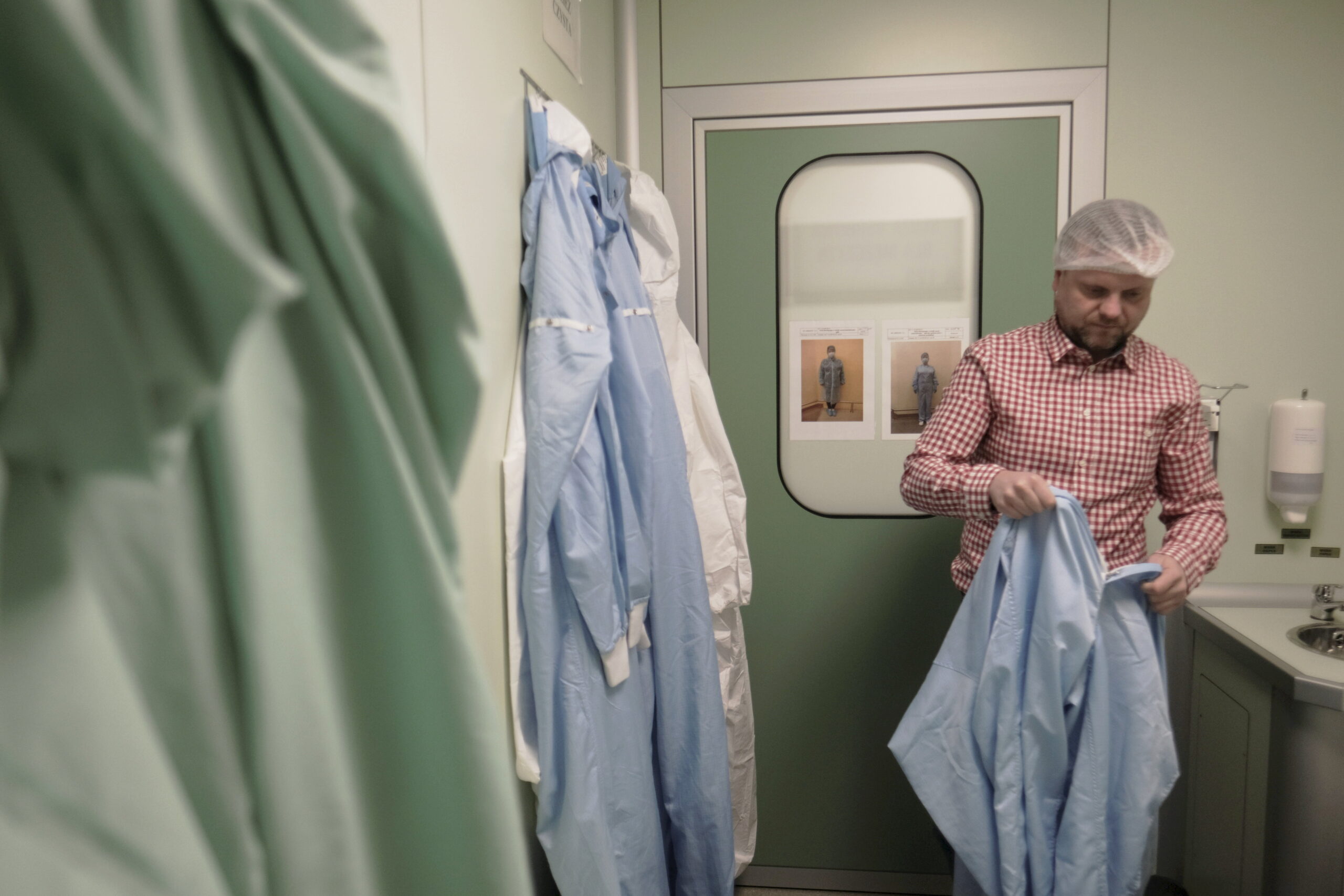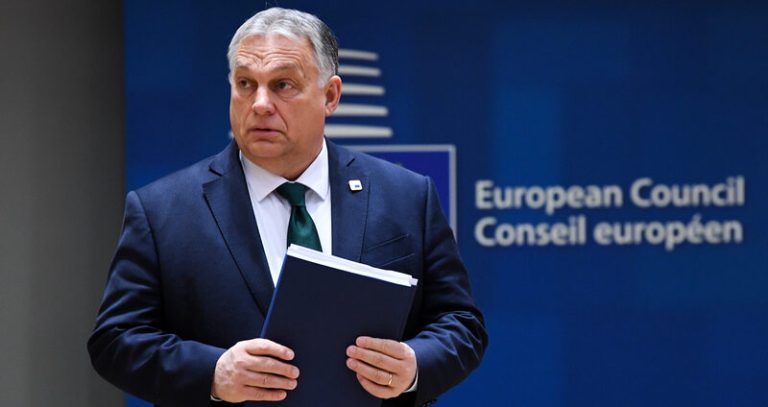Polish firm introduces four-day working week for its 400 staff

One of Poland’s oldest firms, Herbapol Poznań, whose history dates back to 19th century, has announced the introduction of a four-day working week for all of its staff.
“Work-life-balance are not just empty words in our company,” wrote the firm in an announcement on social media. “Herbapol Poznań will implement a four-day working week out of concern for our employees. They will thus gain an additional paid day off per week.”
The firm, which produces herbal remedies, dietary supplements and cosmetics, has already begun to phase in the new system. Staff enjoyed their first paid Friday without work last month. The plan is then to introduce one additional four-day working week each quarter, with all Fridays off by the end of this year.
Herbapol Poznań, which employs 400 people, emphasises that on the other four days of the week staff will “work a standard eight hours” and that pay will not be reduced.
Four-day working weeks have become increasingly common in some other European countries. Last week, a six-month trial programme was launched in Germany that will see staff at 45 companies work one day less a week for the same pay as before.
Eurostat data published last year showed that Poles on average work the second-longest hours in the European Union, behind only the Greeks.
Herbapol Poznań’s CEO, Tomasz Kaczmarek, told Gazeta Wyborcza that the idea of a four-day week has so far “not been a popular step in Poland”. But he says his firm believes it will “ensure employees are well-rested, motivated, valued and well-remunerated”.
“I observe the labour market in the West, especially in Great Britain, Belgium and France,” added Kaczmarek. “There, the concept of work-life balance brings positive results…We hope that in this way we will also become more attractive as employers.”
Less work, same money, greater productivity. Starting today, 45 companies in Germany are testing a 4-day workweek.https://t.co/1o3DRRGUaF
— DW News (@dwnews) February 1, 2024
He says that the four-day working week is being run as a pilot programme for now, with the results monitored closely by the firm.
In a statement to broadcaster TVN, Herbapol Poznań said that the introduction of greater automation and other new technologies “mean that we can achieve better results with lower expenditure of time and personnel”.
“The financial situation of our company is stable and improving every year,” it added. “We decided to share this success with our employees.”
A production manager at the firm, Mariusz Ślósarz, told Gazeta Wyborcza that he was initially sceptical about the plan but is now in favour. He notes that many staff are shareholders in the company and this “motivates us to maintain results”.
Poles work the second-longest hours in the EU, new @EU_Eurostat data show.
In 2022, they worked on average 40.4 hours a week compared to the EU-wide figure of 37.5 hours and behind only Greece (41 hours) https://t.co/dXTDGdg0O3
— Notes from Poland 🇵🇱 (@notesfrompoland) September 22, 2023
Employees own around 70% of shares in the firm, whose roots date back to 1869, when pharmacist Roman Barcikowski opened a drugstore in Poznań.
Following the communist takeover of Poland after the Second World War, the firm was taken into state ownership under the Herbapol name, which was also used for producers of herbal products in other Polish cities. In the 1990s, Herbapol Poznań was privatised.
Last year, ahead of parliamentary elections, The Left (Lewica), then in opposition, promised to introduce a 35-hour working week if it came to power. After those elections, it helped form a new government, though it is the smallest part of the ruling coalition.
The new prime minister, Donald Tusk, also announced in July last year that his Civic Coalition (KO) would prepare a pilot programme for shortening the working week. However, since his coalition came to power there have been no further developments.
The Left has pledged to introduce a 35-hour working week if it comes to power in October’s elections.
It also unveiled three female co-leaders to join its existing three male ones.
„We’re like the Avengers, we have superpowers,” said @RobertBiedron https://t.co/zW8vcDuw8z
— Notes from Poland 🇵🇱 (@notesfrompoland) September 4, 2023
Notes from Poland is run by a small editorial team and published by an independent, non-profit foundation that is funded through donations from our readers. We cannot do what we do without your support.
Main image credit: Piotr Skornicki / Agencja Wyborcza.pl

Daniel Tilles is editor-in-chief of Notes from Poland. He has written on Polish affairs for a wide range of publications, including Foreign Policy, POLITICO Europe, EUobserver and Dziennik Gazeta Prawna.






